We are serious about the environment
Environmental standards
Integrity Print recently retained our certification for ISO14001 Environmental Standard, which is good news, but what does this really mean?
With the environment becoming such a central theme to all our lives, is there a danger that by achieving certification standards, we believe that we are doing enough?

Zero to landfill
As a business we have ticked the box and so can we now sit back for another 12 months until the next audit cycle?
Absolutely not. The ISO14001 Standard now demands a process of continuous improvement and we know that we still have much to do to reduce our environmental impact. The business has made huge strides since the Management Buy Out in 2008. At that time we sent 330 tonnes of business waste to landfill every year; in 2019 we achieved our objective of “zero to landfill.” This is a great headline that involved a great deal of cultural and process change, but showed what is possible.
Continuously increasing our sustainability
So we know we can do more and acknowledge that it is a continuous challenge. We aim to reduce our environmental impact and drive sustainability, all while securing jobs and sustaining profitability.
Delivering real changes
We also want to shine a light on areas where we know we still need to do more. The idea is to not only highlight the good things we are doing but we would like to challenge our staff, suppliers and customers to help us continue to deliver real, sustainable changes.
Our accreditations and associations
ISO14001
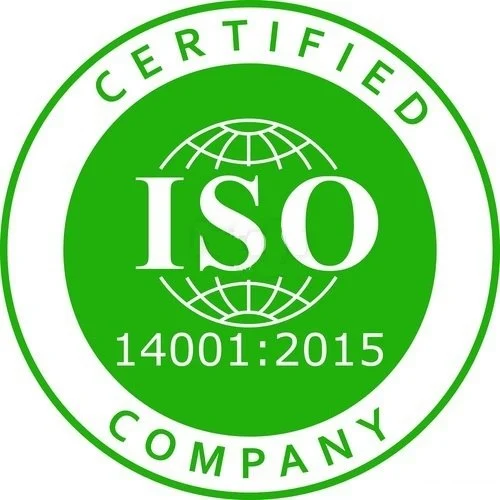 |
ISO14001 sets the global standard for Environmental Management Systems and was designed to help businesses and organisations to reduce their environmental impact. Integrity operates an Environmental Management System that is fully compliant to the updated ISO14001:2015 standard which now requires: Environmental management to be more prominent within the organization’s strategic direction Integrity’s ISO14001:2015 certification was first achieved in 2018, and we continue to evolve and develop new working practices to ensure we retain this important accreditation. |
FSC®
-png.webp) |
Integrity Print Ltd recognises and is committed to operating in accordance with the relevant FSC (Forest Stewardship Council®) standard and the FSC ‘policy for the association of organisations with FSC’. The FSC logo identifies forests which have been certified in accordance with the rules of the Forest Stewardship Council. FSC Chain of Custody certification confirms that the paper we use is sourced from sustainable forests. It also provides a means of identifying every link in the production chain; from source of timber, through to paper manufacture and the printing process. |
SWWMG
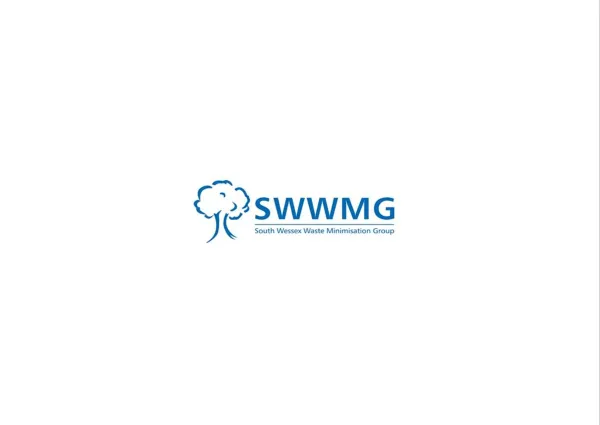 |
With over 200 members, the South Wessex Waste Minimisation Group is one of the country’s most successful waste management groups. The group strives to “Demonstrate the benefits of resource efficiency through the exchange of information and experiences; help business achieve reductions in waste arisings through the use of waste minimisation techniques and provide businesses with updates on relevant legislation and raise awareness of other sources of help and information”. Minimising waste is one of Integrity’s key environmental initiatives; we have been implementing key resource efficiency strategies as part of SWWMG since its conception. |
Integrity Print site
Systems and technology
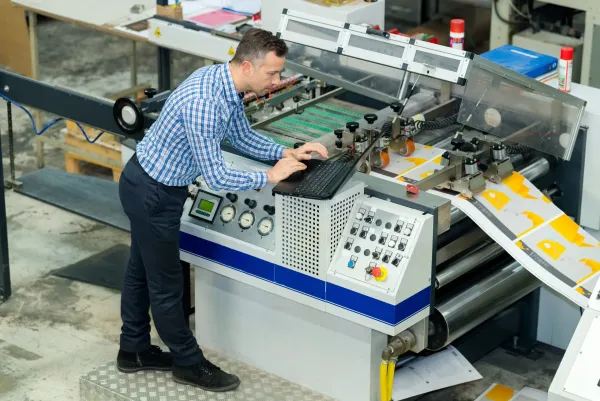 |
Keeping up with the technological revolution can be a challenge for many businesses but it can also have a huge impact on improving sustainability and reducing carbon impact. At Integrity, we are continually looking to invest in new systems and technology that not only reduce production costs but also allow us to become more energy-efficient. Our air conditioning units have been replaced with more energy efficient models, whilst a single new compressor system in the factory now does the work of several previous systems. All lighting in the production areas has been replaced with low energy fluorescent tubes and LEDs, which use anything from one fifth to one third of the power of equivalent incandescent bulbs. A project to replace the drive motors on three machines to variable speed has realised annual savings of £4,500 per machine. We have replaced normal roller shutter doors with high speed models which help to keep valuable heat from escaping our buildings. In addition, we installed high speed Dyson hand driers in the washrooms, which reduced the average monthly usage of boxes of paper towels from 34 to around 12. Replacing the ultraviolet drying units with more energy efficient models amounts to an impressive annual reduction of 20,000 KW hours per unit. |
Operational procedures
 |
As a pioneer of lean manufacturing techniques within the print industry, Integrity has developed many working practices to minimise waste and energy consumption. A reduction in our set up time allows us to increase actual running time, resulting in an overall reduction of cost, energy and carbon emissions. We also encourage our customers to be part of our environmental efforts by using digital/online ordering, proofing, and reordering systems, designed to reduce unnecessary transportation of products. Integrity has also developed a stringent approach to waste segregation throughout our offices and production areas. This reduces the chance of cross contamination during the waste collection process which can render many recyclable items non-processable, greatly reducing the quality of the materials and their re-use. |
Recycling
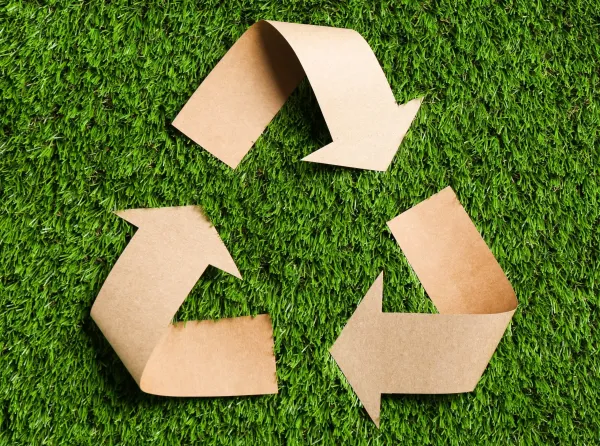 |
Integrity Print recycle over 300 tonnes of paper and cardboard every month. As a 14001 accredited site, the environmental programme is about continuous improvement; as a result, the recycling policy now incorporates glass, plastic and batteries, as well as silicon backing paper from adhesive labels. Our recycling is more than just a matter of procedure or policy, it is part of our culture. Whether it’s a single cup or 100 tons of cardboard, our team believe that recycling and reusing all our materials is an integral part of our sustainability efforts. As a result of our conscientious and innovative approach, we have achieved “zero waste to landfill” status! |
Environmental Policy
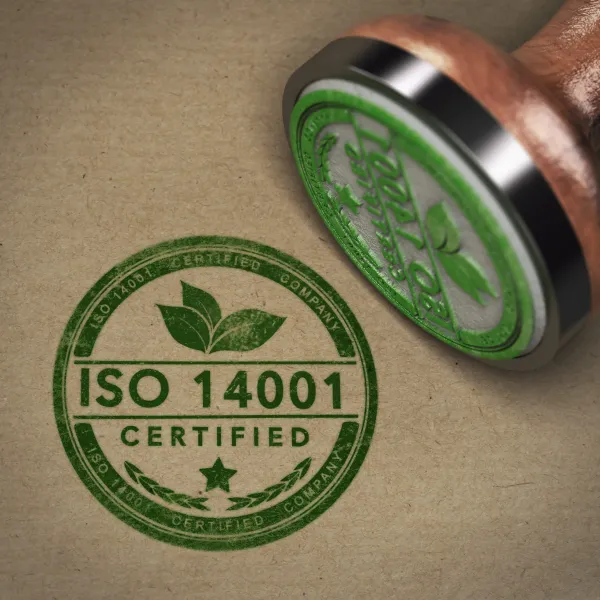 |
Our Environmental Policy demonstrates our commitment to managing our environmental impact and outlines the approaches through which we strive to reduce waste material levels; improve energy efficiency; and prevent pollution to air, land and water. More than just defining our goals and approaches, Integrity’s Environmental Policy is fully integrated into every aspect of the day-to-day operations of our business. We periodically review our policy and provide regular updates to our team on any progress and developments with our approach and objectives. |
Initiatives and projects
Cycle2Work scheme
 |
Commuting accounts for nearly a quarter (24%) of the UK’s carbon emissions, and with our ambitious targets of reducing greenhouse gas emissions by 80% by 2050, changing the way we get to work can have a significant impact. Since 2013, Integrity has been involved in the Cycle2Work scheme in an effort to promote a carbon neutral commute as well as a healthy lifestyle. 86% of participants in this scheme have noticed health benefits since joining – 89% of those believe it has improved their general fitness and 52% of those believe it has contributed to weight loss. |
The plastics challenge
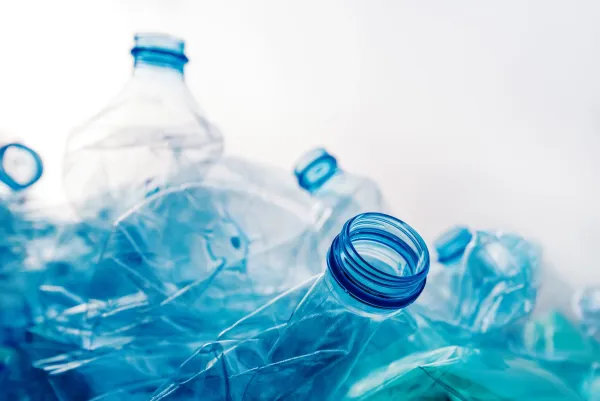 |
We all know the problem with plastic: it litters our towns and cities; pollutes our oceans and waterways, and can have a devastating effect on our health and our ecosystem. Unfortunately, only 9% of all plastic that is produced gets recycled; most of it ends up in landfills or in our environment. Each year, nearly 8 million tons of plastic enters our waterways. At Integrity Print, we’re determined not to be a part of the problem! Whether it’s in our offices, in our warehouse, or in our production areas, we ensure that all plastics that can be recycled, are recycled! But we know this alone isn’t enough; we need to be more proactive. So, we’ve set ourselves the challenge of sourcing only recycled and recyclable plastics for every aspect of what we do at Integrity. We have a long way to go but we are currently working with suppliers and researching new materials so that we can reach our goal of eliminating single use plastics from all of our sites. |
100% renewable by 2021
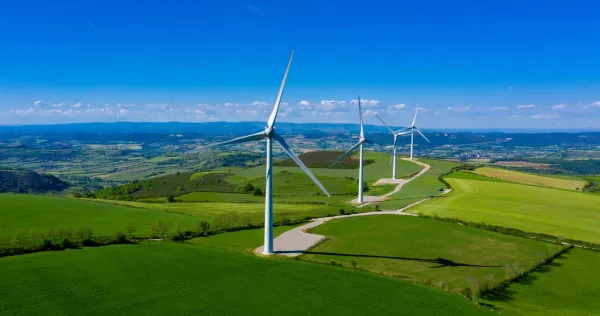 |
According to the International Energy Agency, the world’s electricity demand will have increased by 70% by 2040. With the global demand for energy growing at such a rate, clean energy production is vital for reducing our collective carbon impact. Integrity’s mission is to ensure that all of the electricity used across our sites is supplied from 100% renewable sources. We are delighted to announce that we achieved this goal ahead of schedule with contracts agreed and put in place from 1st November 2021 |
The ink switch
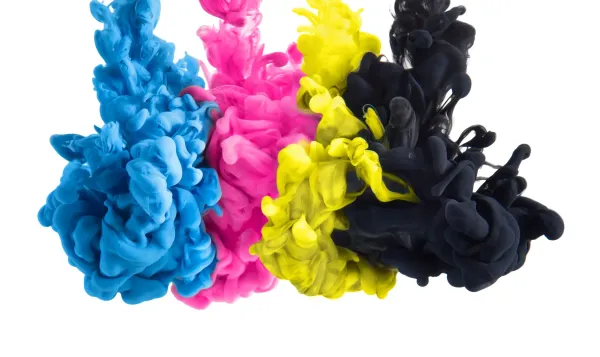 |
In an effort to reduce our VOC (Volatile Organic Compounds) emissions, we changed our ink supplier in September 2018 in favour of an option which requires a significantly lower level of IPA (Isopropanol Alcohol). Whilst IPA is an effective additive in the damping process; and increases viscosity as well as serving as a disinfectant and anti foaming agent; it contributes to VOC emissions by evaporating quickly and requiring constant replenishment. It is also an expensive compound which requires special handling and storage areas. Since switching to low IPA inks, we have seen annual cost savings of over £30k, as well as a significant reduction in VOC emissions across our site. |